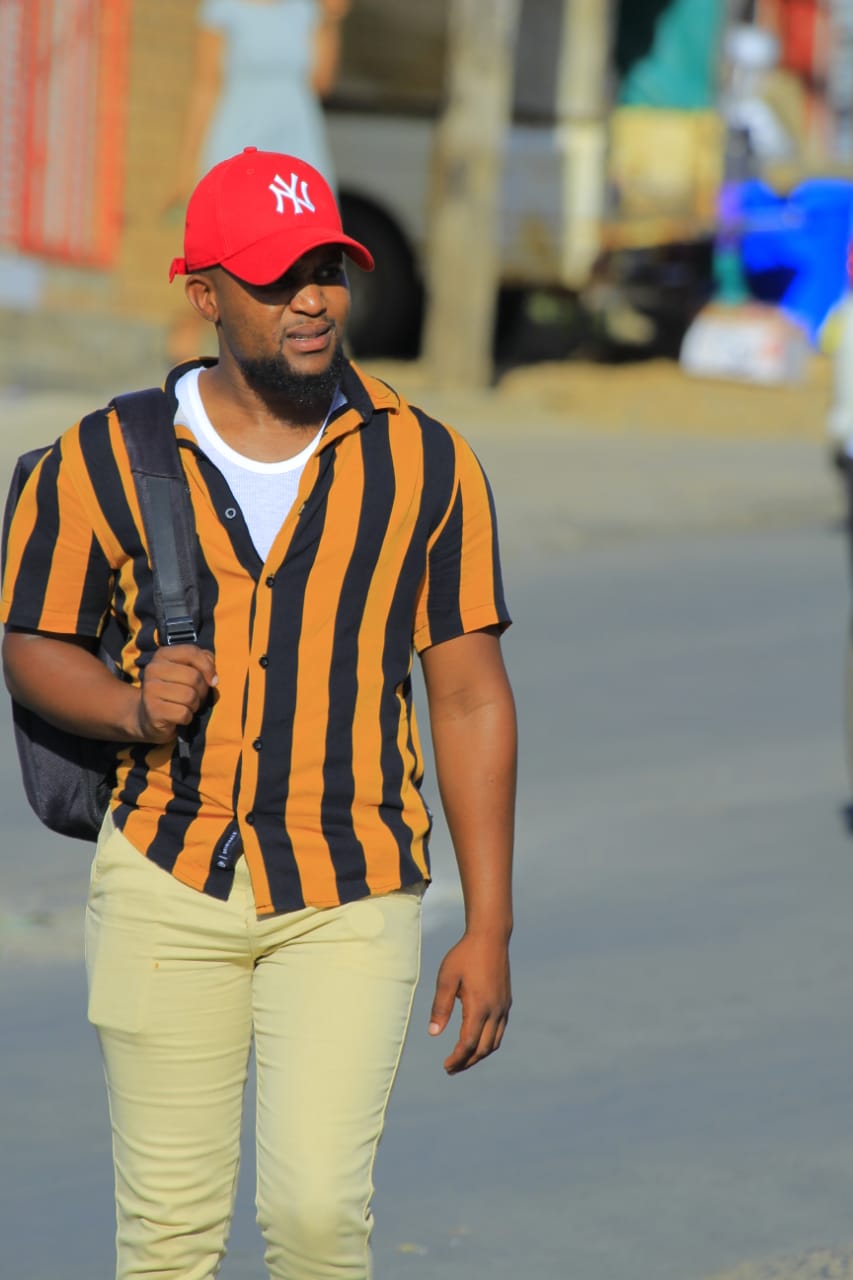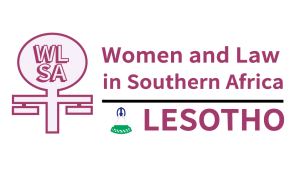Walking With the Forgotten: Tumelo Leu, a Paralegal on a Mission for Justice in Lesotho
By: Relebohile Makubakube
On foot, often under the harsh sun or through the biting mountain cold, Tumelo Leu walks—sometimes for hours. His destination? Remote villages in Quthing. His goal? Justice for those too often left behind.
Tumelo is a paralegal with Women and Law in Southern Africa-Lesotho (WLSA), a non-governmental legal organization that equips community-based advocates(paralegals) with tools to help citizens navigate the issues related to human rights . But for Tumelo, this is more than legal work. “This is not just a job,” he says. “It is a calling.”
Each month after the 25th, Tumelo begins his scheduled community outreach, trekking from village to village, carrying only the basics: legal documents, and his unwavering sense of purpose. Some areas are nearly inaccessible due to poor roads or weather, and public gatherings can be difficult to organize. Still, he never skips a visit. “I know someone there might need help,” he says. “Even if it is just one person, it is worth it.”
Tumelo’s work is driven by five core values: service, social justice, dignity, self-determination, and non-judgment. These principles guide every home visit, every mediation, and every moment spent sitting under trees in village squares explaining legal processes to curious but cautious community members.
He has encountered many difficult cases, but one that lingers is that of a 10-year-old girl who had been sexually assaulted. “Her school uniform was not in good condition and she was not getting any support,” Tumelo recalls. “So I helped her apply for a child grant through the Ministry of Social Development. It was not just about money, it was about making sure she felt seen, heard, and protected.”
Cases like this are why Tumelo takes time to educate, listen, and earn trust. Many women and adolescent girls fear judgment or do not understand their human rights. His approach is clear and compassionate: “Confidentiality is key. I create a space safe enough to make them feel comfortable to talk about their issues, which leads to me being able to help.”
Tumelo does not work alone. He is part of a collaborative network that includes police officers, social workers, healthcare partners like Sentebale, and community leaders. Together, they offer a safety net for survivors of gender-based violence, Adolescent Girls and Young Women (AGYW), and vulnerable individuals needing social and legal support.
“Helping someone takes a team,” he says. “My job is to be a steady presence, offering both justice and emotional support but others also play their role. Social workers’ roles include bringing food. Health partners provide ARVs. It is all connected.”
His outreach extends beyond face-to-face meetings. Tumelo also uses community gatherings, parent meetings, and social media to educate and share information on human rights and encourage reporting matters related to GBV. Still, the greatest barrier remains access. “If we had better transport, we could reach even more people,” Tumelo notes. “But that does not stop us we walk, because someone is always waiting for help.”
Gender-based violence is a core issue Tumelo tackles. “GBV is not just a women’s issue. It affects whole communities,” he says. But in many cultures, discussing abuse is taboo. Tumelo is working to shift that narrative by raising awareness and creating safe spaces for dialogue.
He believes change begins with small acts of listening, educating communities, showing up, and standing with survivors, even when it is uncomfortable. “I try not to just feel sorry for them,” he says. “I try to truly understand what they are going through and stand beside them.”
Tumelo’s story is not unique within WLSA but it is emblematic of what makes the organization’s community-based legal aid model so impactful. Paralegals like him bring justice to the doorsteps of the forgotten, ensuring that even the most marginalized have someone in their corner.
His secret? Simple, yet powerful: “Active listening, collaboration, time management, good communication, and never giving up.”
In a world where many feel invisible, Tumelo Leu walks with purpose—one step, one village, one life at a time.
